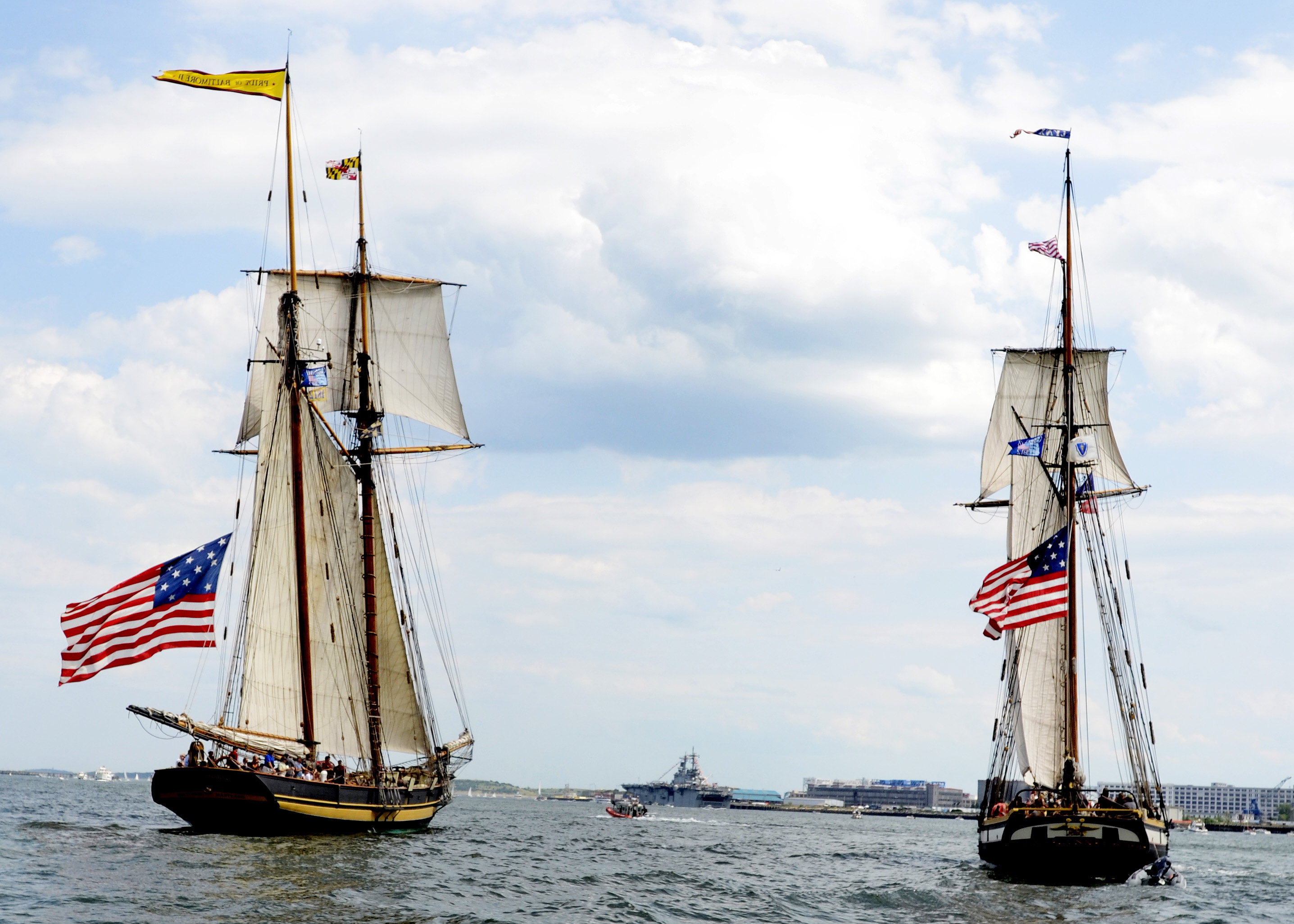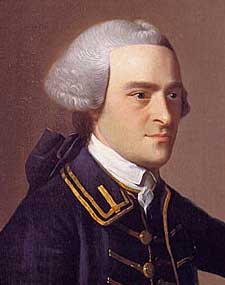Mark Cole
Hancock’s large and flamboyant signature went down in history and this quote – perhaps apocryphal – has often been attributed to him: “The British ministry can read that name without spectacles; let them double their reward.” Whether he actually said that or not, the sentiment is pure Hancock, fearless and defiant. Little wonder his name became synonymous with the word “signature”.
During the Revolutionary War which followed, the burden of financing the war and supplying the troops with necessities fell largely on Hancock. He did not fail to deliver. As if that were not enough, in 1780, with a few years remaining in the war, Hancock was elected as the first governor of Massachusetts – a post he held until his death in 1793.
With victory and the Treaty of Paris, you might think that things would slow down for Hancock, but that was hardly the case. He was called upon time and again. He represented Massachusetts under the Articles of Confederation and was the seventh President of the United States in Congress. With the demise of the Articles, as governor of Massachusetts, he became a major voice for ratification of the U.S. Constitution. In the new United States, he pushed for the creation of a powerful navy – a move which proved to be critical to the new nation’s survival in the War of 1812.
For most of his life, John Hancock expended an enormous amount of energy for the cause of liberty and for American independence. While no one can challenge Washington for the title of “Father of our Country”, Hancock would be a strong contender for the title of “Grandfather of our Country”.
What does the life of John Hancock mean for us today? So long as there are people who want to take away the freedoms of other people, we should not forget John Hancock.
His response – his disobedience to the governmental forces which oppressed him and other colonists – is not universally applicable. As the Declaration argues, governments should not be overthrown or disobeyed for trivial reasons. But sometimes governments – that is governments which have become breakers of the law, rather than guardians of the law – should, indeed, must be disobeyed.
If we value freedom, then from time to time, we need John Hancocks. We need people to continue to import goods or to refuse to move to the back of the bus– even if the State tells them otherwise.
Only through occasional active disobedience and confrontation will our historic freedoms be protected. Let’s hope that whenever the next big deprivation of freedom occurs, there are some John Hancocks among us who will be willing to disobey and fight.
But when a long train of abuses and usurpations, pursuing invariably the same Object evinces a design to reduce them under absolute Despotism, it is their right, it is their duty, to throw off such Government, and to provide new Guards for their future security. — Such has been the patient sufferance of these Colonies; and such is now the necessity which constrains them to alter their former Systems of Government.
Get the entire John Hancock’s story, and so much more –
Check out Mark’s book:
Lives, Fortunes, Sacred Honor: The Men Who Signed the Declaration of Independence
















